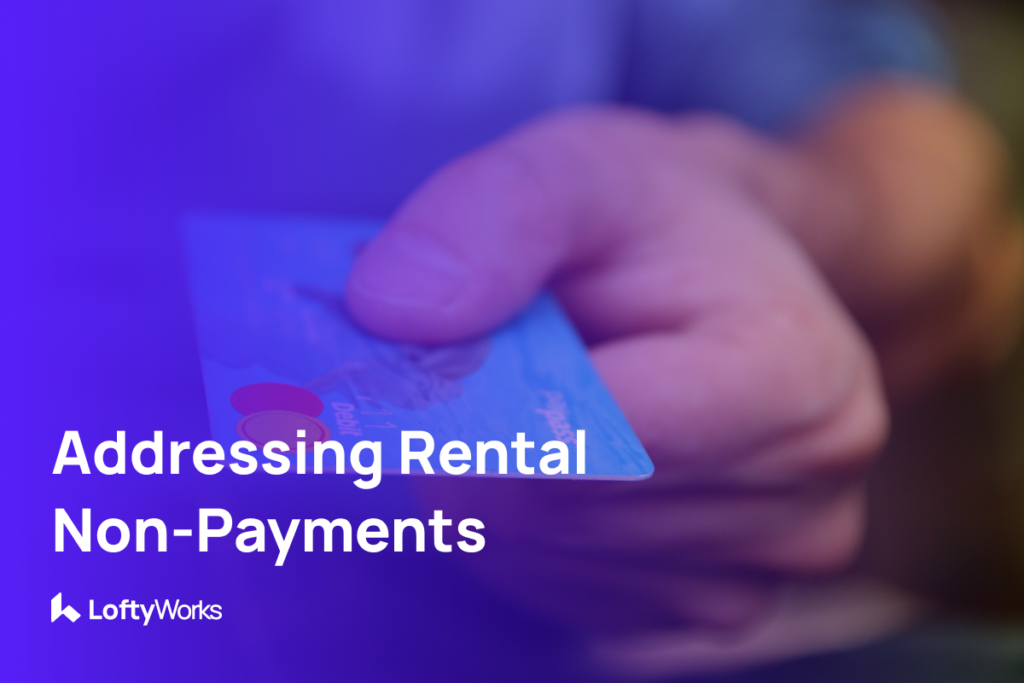Addressing Rental Non-Payments

Addressing rental non-payments from a tenant requires careful steps and communication. Here’s what you can do:
1. Communicate with Your Tenant
Initiate contact with your tenant through a phone call, text, or email reminder. Document all correspondence for future reference. Be respectful and understanding, as financial difficulties can be sensitive.
Consider arranging a payment plan if your tenant is struggling financially. Encourage them to apply for housing support through Universal Credit to help cover the rent shortfall.
2. Contact the Guarantor regarding the Rental Non-Payments
If a guarantor is listed in the tenancy agreement, request rent payment from them if the tenant fails to pay after 14 days. Document all communications.
3. Inform Your Insurance Provider or Deposit Scheme
Check if your landlord insurance covers unpaid rent and proceed with making a claim. If the tenancy ends with outstanding rent, inquire about deducting it from the tenant’s deposit through the tenancy deposit scheme.
4. Start Eviction Proceedings if Necessary
If rent arrears persist for two months without resolution, serve a Section 8 Notice for eviction based on rent arrears. Be prepared to provide evidence of communication if the case goes to court.
5. Eviction Considerations
Understand the eviction rules in your area and be ready to present evidence of your attempts to resolve the issue. Alternatively, explore the option of the tenant voluntarily surrendering the tenancy to avoid legal proceedings and mitigate losses. Although it’s always better to reach a mutual agreement, sometimes, eviction is not optional. Read about What to do when evicting a tenant.
Remember, navigating unpaid rent situations requires patience, clear communication, and adherence to legal procedures.


